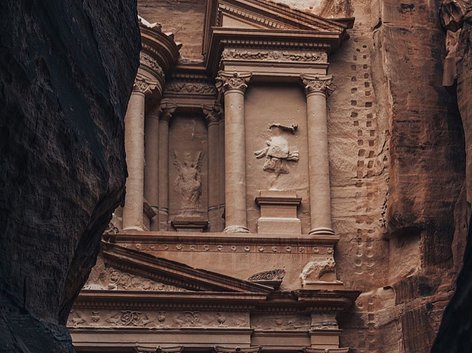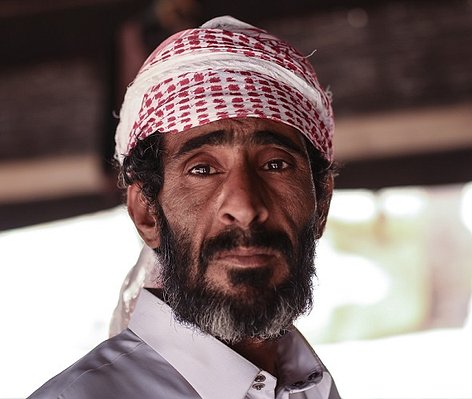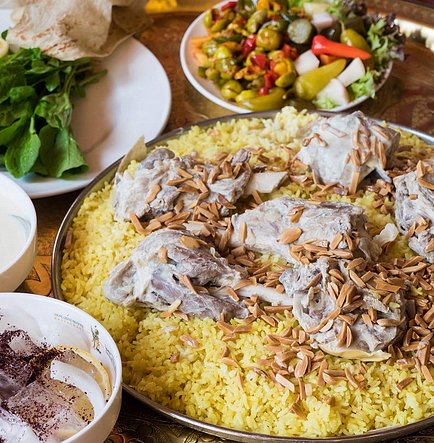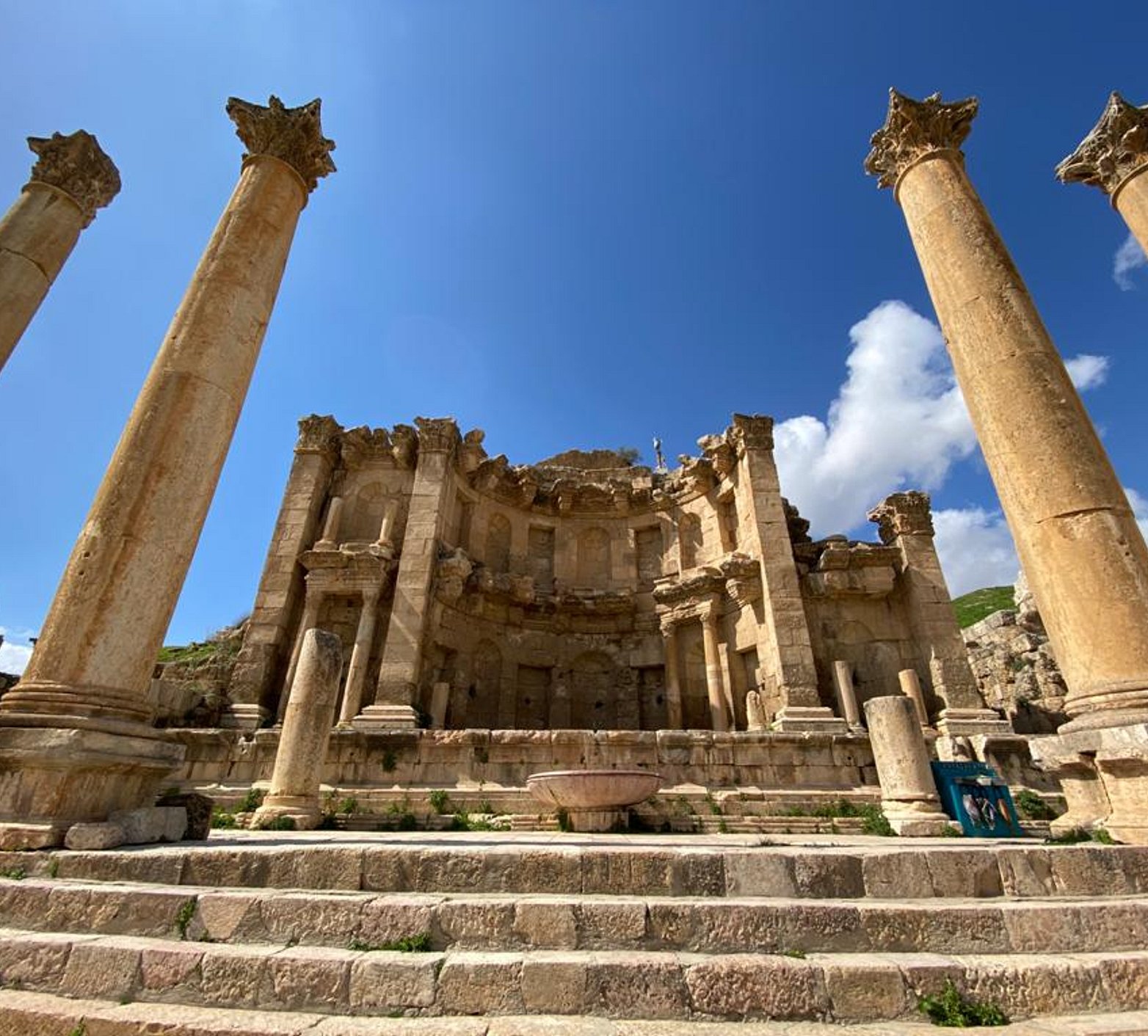Ancient Civilisations stayed and lived in Jordan




Founded by King Abdullah I, and currently ruled by King Abdullah II son of the late King Hussein. Over the years, Jordan has grown into a stable, peaceful and modern country. While Jordan is known for the ancient Nabataean city of Petra, carved from rock over 2000 years ago, it also offers much more for the modern traveller, from the Jordan Valley, fertile and ever changing, to the remote desert canyons, immense and still. Whether you are a thrill seeker, a historian, or you just want to relax, Jordan is the place for you.
Welcome to the Hashemite Kingdom of Jordan
The majority of Jordan's population is comprised of Arabs descended from the various tribes that have migrated to the area over the years from all directions. In addition, there are Circassians, descendants of Muslim refugees from the Tsarist Russian invasion of the Caucasus in the 19th century, and a much smaller group of Chechens. Jordan also has a small Armenian population.
Most Jordanians are Sunni Muslims, and about 6% are Christians who live mainly in Amman, Madaba, Karak and Salt. The majority of Christians belong to the Greek Orthodox Church, but there are also Greek Catholics, a small Roman Catholic community, Syrian Orthodox, Coptic Orthodox, Armenian Orthodox and a few Protestant denominations found mostly in Amman. Several small Shi'a and Druze populations can also be found in Jordan.
Wherever you are in Jordan, you're never too far away from a conversation about food. Whether the discussion is a heated argument on the busy streets of Amman over the city's best kunafe or one in the coastal towns of Aqaba as the catch of the day comes in, or in the most remote part of the Wadi Rum desert you'll doubtlessly end up talking about food, and if you're talking about it you're more than likely to be eating it with your Jordanian hosts later!
Sit down with the bedouin in their desert tents, drink camel milk and eat mansaf the national dish, and you'll learn how people have survived for centuries in this harsh landscape. Try baklava pastries in any of their forms, and you'll experience the flavors and recipes of the Ottoman Empire. And if you pick up a menu in cosmopolitan Amman, you'll see dishes made famous by different ethnicities within the Jordanian community, not to mention cuisine from all around the world.
It matters little where people are from, or what language they speak. In Jordan, food is the word on everybody's lips, and all are welcome to join the discussion.
Cuisine
Jordan's People
Step back into time as you walk the paths of the Romans, Nabataeans, early Islamic and biblical figures as you travel around Jordan. The country's historical and cultural wealth is overwhelming as it envelopes you upon arrival with ruins of ancient civilizations, religious sites and cultural hotpots. Although most of these civilizations have long since been relegated to the history books, they have not been forgotten as their fusion and evolution brought upon the great country of Jordan as we know it today. From the ancient Nabataean city of Petra, the miracle of the Dead Sea and Jordan Valley, the wonders of the Red Sea and Wadi Rum, to the fine hotels, shopping centers, museums and art galleries of modern Amman; Jordan truly is a blend of old and new, east and west, and an oasis of culture.
